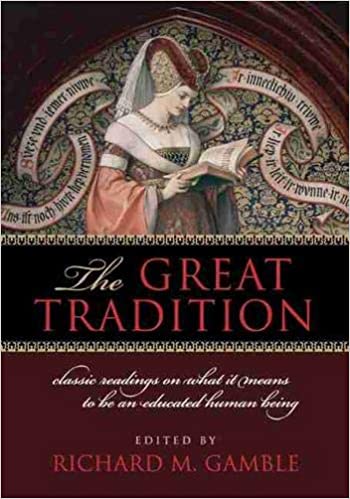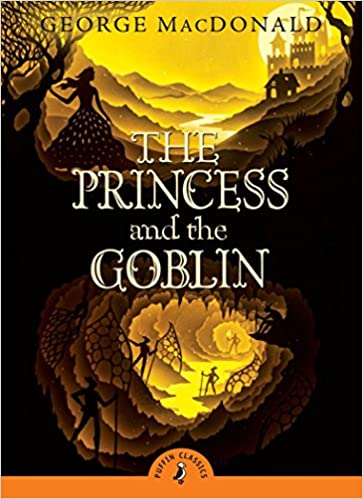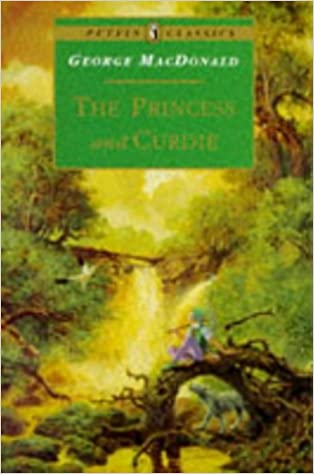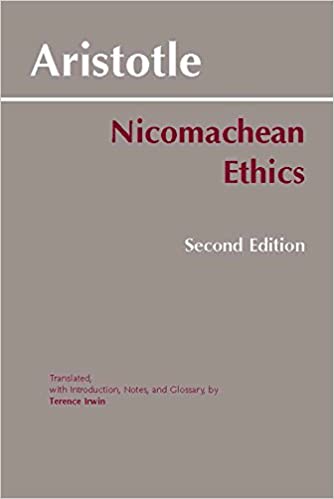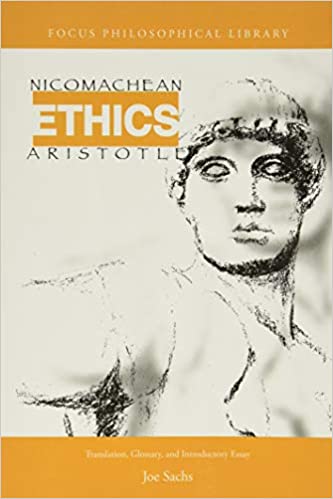The Great Tradition: Classic Readings on What It Means to Be an Educated Human Being
Frustrated with the continuing educational crisis of our time, concerned parents, teachers, and students sense that true reform requires more than innovative classroom technology, standardized tests, or skills training. An older tradition—the Great Tradition—of education in the West is waiting to be heard. Since antiquity, the Great Tradition has defined education first and foremost as the hard work of rightly ordering the human soul, helping it to love what it ought to love, and helping it to know itself and its maker. In the classical and Christian tradition, the formation of the soul in wisdom, virtue, and eloquence took precedence over all else, including instrumental training aimed at the inculcation of "useful" knowledge.
Edited by historian Richard Gamble, this anthology reconstructs a centuries-long conversation about the goals, conditions, and ultimate value of true education. Spanning more than two millennia, from the ancient Greeks to contemporary writers, it includes substantial excerpts from more than sixty seminal writings on education. Represented here are the wisdom and insight of such figures as Xenophon, Plato, Aristotle, Seneca, Cicero, Basil, Augustine, Hugh of St. Victor, Bonaventure, Thomas Aquinas, Martin Luther, John Calvin, Erasmus, Edmund Burke, John Henry Newman, Thomas Arnold, Albert Jay Nock, Dorothy Sayers, C. S. Lewis, and Eric Voegelin.
More info →The Princess and the Goblin
Princess Irene lives in a castle in a wild and lonely mountainous region. One day she discovers a steep and winding stairway leading to a bewildering labyrinth of unused passages with closed doors - and a further stairway. What lies at the top? Can the ring the princess is given protect her against the lurking menace of the boglins from under the mountain?
More info →The Princess and Curdie
Princess Irene’s great-great-grandmother has a testing task for Curdie. Curdie will not go alone though; she provides him with a companion, the oddest and ugliest creature Curdie has ever seen, but one who turns out to be the most loyal friend he could have hoped for.
More info →Nicomachean Ethics
Building on the strengths of the first edition, the second edition of the Irwin Nicomachean Ethics features a revised translation (with little editorial intervention), expanded notes (including a summary of the argument of each chapter, and an expanded Introduction).
More info →Aristotle’s Nicomachean Ethics
Focus Philosophical Library's edition of Aristotle's Nicomachean Ethics is a lucid and useful translation of one of Aristotle's major works for the student of undergraduate philosophy, as well as for the general reader interested in the major works of western civilization. This edition includes notes and a glossary, intending to provide the reader with some sense of the terms and the concepts as they were understood by Aristotle’s immediate audience.
Focus Philosophical Library books are distinguished by their commitment to faithful, clear, and consistent translations of texts and the rich world part and parcel of those texts.

